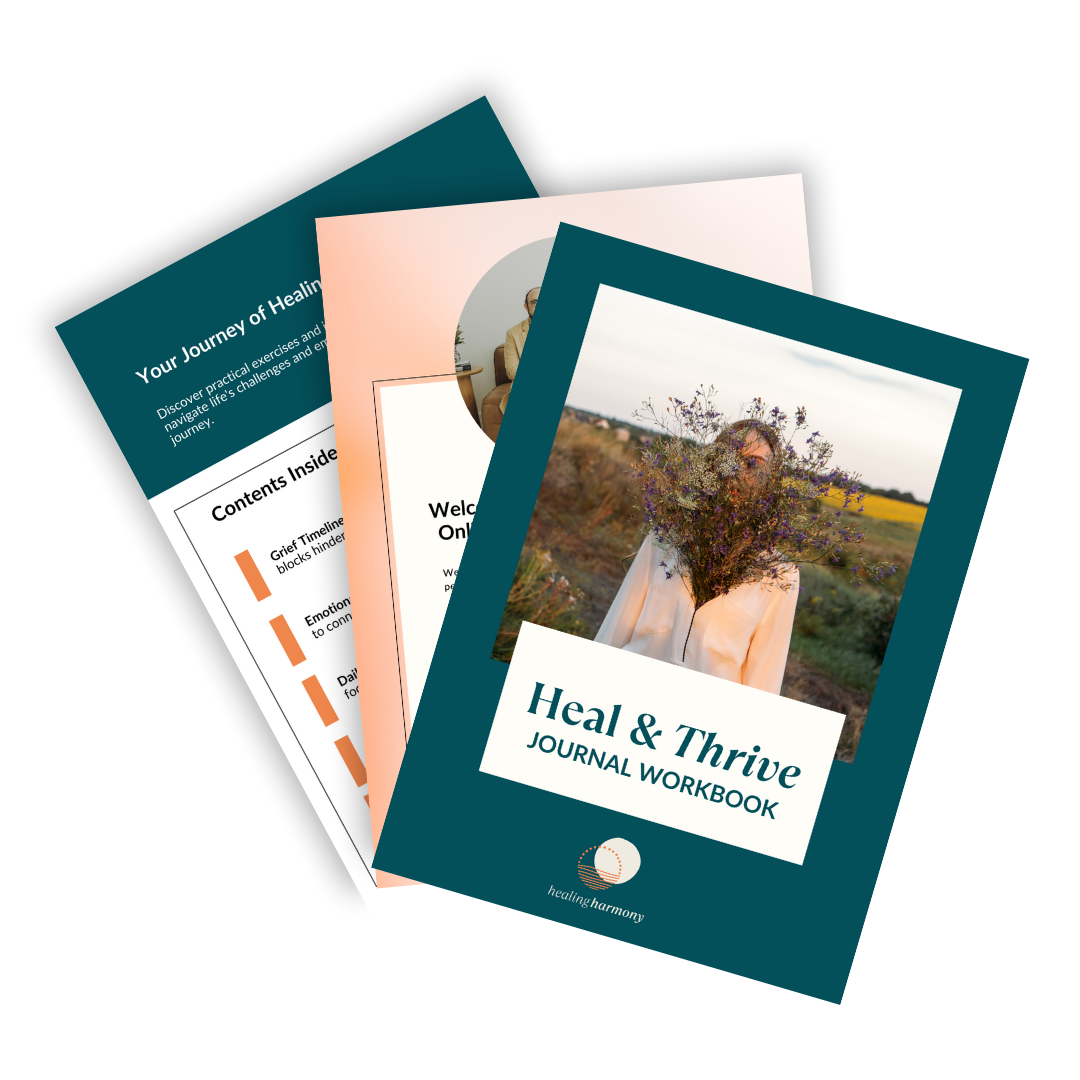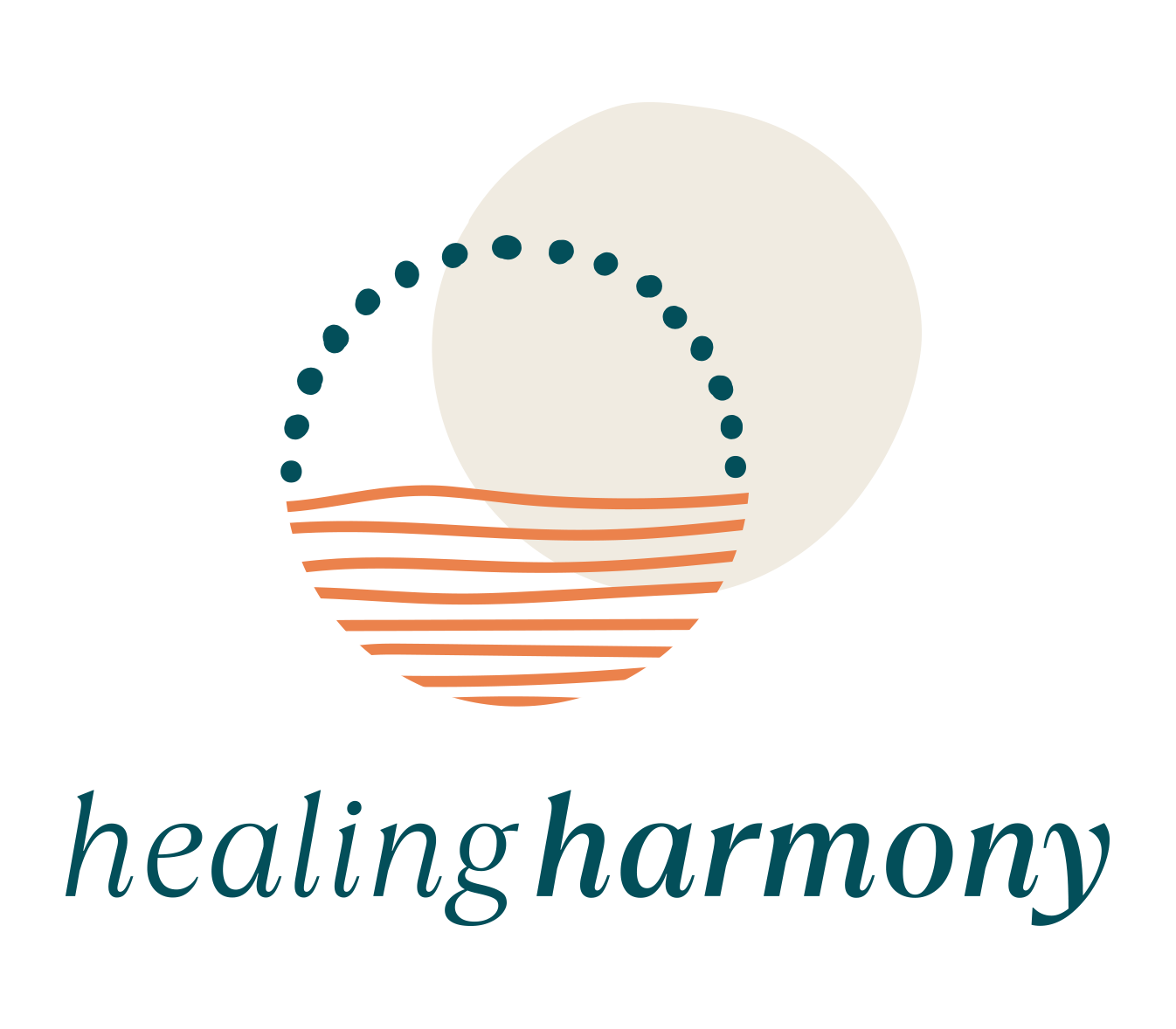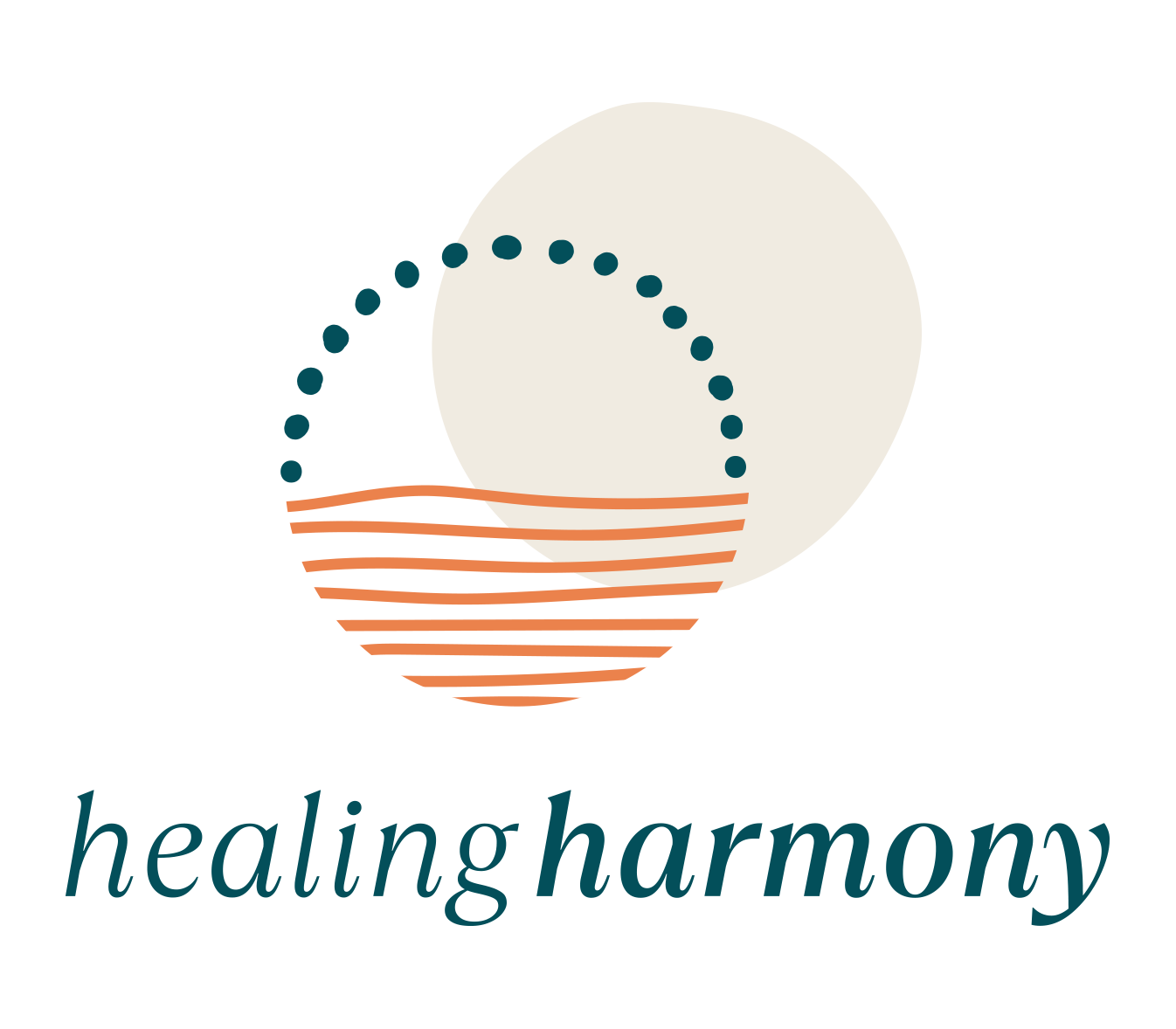What exactly is relocation depression and how to cope with It?
In today's globalized world, frequent relocations have become a norm for many families, driven by career opportunities, educational pursuits, or other life circumstances. Each move represents a new chapter, filled with possibilities and challenges. However, alongside the excitement of new beginnings, relocation often brings with it a lesser-discussed challenge: relocation depression.
Let’s tap into what relocation depression entails, why it affects individuals differently, and learn strategies to cope effectively, ensuring that the excitement of new beginnings isn't overshadowed by the emotional hurdles that can accompany moving.
Before diving into the complexities of relocation depression, it's crucial to acknowledge the profound emotional toll that frequent moves can take, especially for multicultural families and Third Culture Kids (TCKs).
Families who have relocated multiple times may find themselves grappling with a persistent sense of rootlessness or disconnection, impacting both adults and children alike. For parents, understanding the profound impact of these transitions on their children's mental health and emotional well-being can be overwhelming. And it’s totally OK to feel that way.
At Healing Harmony, we, Jeffrey & Rebekah, therapists & life coaches, specialize in supporting young adults and families through multicultural transitions. Join us as we explore and shed light on the nuances of relocation depression, offering insights and practical strategies to navigate this emotional journey with resilience and understanding.

What is relocation depression?
Relocation depression, also known as moving blues refers to the emotional distress individuals experience when they move from one environment to another. It can manifest as feelings of sadness, anxiety, loss of identity, or even physical symptoms like fatigue and sleep disturbances. The disruption of familiar routines, social networks, and support systems often stimulates these feelings, making adjustment challenging.
Why is moving so hard emotionally?
Moving triggers a cascade of changes that impact emotional well-being. For individuals, especially children and teenagers, leaving behind familiar surroundings, friends, and support networks can lead to feelings of loneliness and isolation. Adjusting to new cultural norms, language barriers, and academic challenges further complicates the transition. The uncertainty of the future and the pressure to adapt quickly add to the emotional strain.

How long does relocation depression last?
The duration of relocation depression varies from person to person and depends on factors such as individual resilience, support systems, and the circumstances of the move. While some individuals may experience transient symptoms that resolve within a few weeks or months, others may struggle with prolonged feelings of sadness and disorientation. Recognizing the signs early and implementing coping strategies can shorten the duration and intensity of relocation depression.
Relocation depression symptoms
Experiencing relocation depression can lead to a variety of symptoms that affect emotional, physical, and social well-being. When individuals or families undergo frequent moves, they may encounter challenges that go beyond the logistical aspects of relocation. These challenges can manifest in emotional turmoil, physical discomfort, and social disconnection. Common symptoms include:
- Persistent feelings of sadness or emptiness: A deep and enduring sense of sadness or emotional numbness that persists despite attempts to alleviate it.
- Anxiety: Heightened worry, nervousness, or unease, often about the future or uncertainties related to the move.
- Changes in appetite: Significant alterations in eating patterns, which may result in overeating or loss of appetite.
- Insomnia: Difficulty falling asleep, staying asleep, or experiencing restful sleep despite physical tiredness.
- Withdrawal from social interactions: A tendency to isolate oneself from others, coupled with reduced interest in activities once enjoyed.
- Physical symptoms: Manifestations such as headaches, digestive issues, muscle tension, or other bodily discomforts that may not have an apparent medical cause.
These symptoms can vary in intensity and duration, depending on individual coping mechanisms, support systems, and the specific circumstances surrounding the relocation. It's important to recognize and address these symptoms proactively to foster a healthy adjustment to the new environment and minimize the impact of relocation depression on overall well-being.

How to deal with relocation depression
Adjusting to a new environment after a relocation can be challenging, and it's normal to experience a range of emotions during this transition. Whether you're a parent supporting your child through multiple moves or navigating these changes yourself, understanding and managing relocation depression requires a thoughtful and compassionate approach.
Coping with relocation depression requires a multifaceted approach that addresses emotional, social, and practical aspects of adjustment:
- Acknowledge and Validate Emotions: Recognize that feelings of sadness, frustration, or anxiety are natural responses to significant life changes. Allow yourself or your child to express these emotions without judgment or pressure to "get over it."
- Maintain Familiar Routines: Establishing and maintaining familiar routines can provide a sense of stability amidst uncertainty. Prioritize activities that bring comfort and structure to daily life, such as regular meal times, bedtime rituals, or family traditions. These routines can anchor individuals and families during times of transition.
- Build a Support Network: Encourage connections with others in the new location, whether it's through local community groups, online forums, or virtual support networks for expatriates and Third Culture Kids (TCKs). Sharing experiences with others who understand the challenges of relocation can offer empathy, validation, and practical advice.
- Learn to adjust to the new location. Find activities to go to or fun things to do that get you into the new place and make it feel like it’s part of who you are in this new place.
- Have fun! Find ways to laugh and enjoy time with family or new friends. Finding ways to regularly have a good time can help adjust to your new location and not be depressed.
- Seek Professional Support: Consider seeking help from a therapist or counselor who specializes in relocation issues. Professional support can provide coping strategies tailored to your specific circumstances and emotional needs. Therapy sessions offer a safe space to explore feelings, develop resilience, and navigate the complexities of adjusting to a new culture or environment.
By taking proactive steps to acknowledge emotions, maintain routines, build a support network, and seek professional guidance, you can effectively cope with relocation depression and foster a healthy adjustment to your new surroundings. These strategies are designed to promote resilience, emotional well-being, and a sense of belonging in unfamiliar settings.

Embrace support and begin your journey to emotional well-being
Relocation depression poses real challenges for those adjusting to new environments. By recognizing its effects and embracing proactive coping strategies, you can navigate this emotional journey with resilience. At Healing Harmony, we understand the complexities of global transitions. Download our free life journal
and
explore our online life coaching for multicultural families and Third Culture Kids. Take the first step towards emotional well-being and find support tailored to your unique experience today.
Related Reads:

*AI Disclosure: This content may contain sections generated with AI with the purpose of providing you with condensed helpful and relevant content, however all personal opinions are 100% human made as well as the blog post structure, outline and key takeaways.
* Blog Disclaimer: Please note that reading our blog does not replace any mental health therapy or medical advice. Read our mental health blog disclaimer here.

Hello, we are Jeffrey & Rebekah
Therapists and life coaches at Healing Harmony. We specialize in supporting multicultural families and Third Culture Kids (TCKs) through transitions and emotional challenges, fostering resilience and cultural identity.











